United Nations General Assembly Resolution 62/243
United Nations General Assembly Resolution 62/243, titled "The Situation in the Occupied Territories of Azerbaijan", is a resolution of the United Nations General Assembly about the situation in Nagorno-Karabakh, which was adopted on March 14, 2008 at the 62nd session of the General Assembly. It became the fifth United Nations document concerning Nagorno-Karabakh and the first United Nations General Assembly document on it.
| UN General Assembly Resolution 62/243 | |
|---|---|
| Date | 14 March 2008 |
| Meeting no. | 86th Plenary |
| Code | A/RES/62/243 (Document) |
| Subject | The situation in the occupied territories of Azerbaijan |
Voting summary |
|
| Result | Resolution adopted |
The resolution reaffirmed "continued respect and support for the sovereignty and territorial integrity" of Azerbaijan "within its internationally recognized borders", demanded the "immediate, complete and unconditional withdrawal of all Armenian forces from all the occupied territories of Azerbaijan", and emphasized that "no state shall render aid or assistance" to maintain the occupation of Azerbaijani territories.[1] The resolution was adopted shortly after 2008 Mardakert skirmishes, which at the time had been the heaviest ceasefire violation between Armenia and Azerbaijan since the end of Nagorno-Karabakh War.
Draft resolution
In early 2005 the UN General Assembly's dispatch of a fact-finding mission had confirmed Armenian settlement in Azerbaijan's territory.[2] The Permanent Representative of Azerbaijan to UN Agshin Mehdiyev presented the draft resolution A/62/L.42, which was adopted by a recorded vote of 39 in favour to 7 against (including OSCE Minsk Group co-chairs), with 100 abstentions.[3]
Voted for
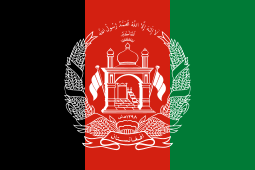



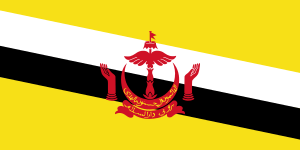
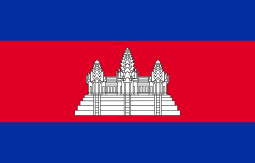

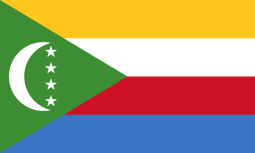
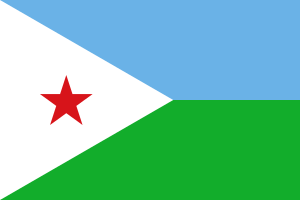
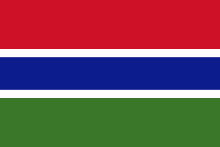


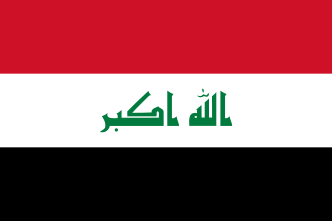

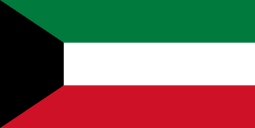
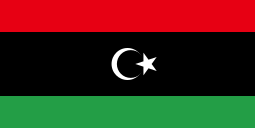

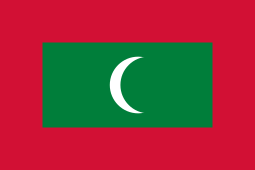



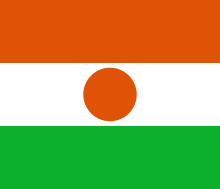

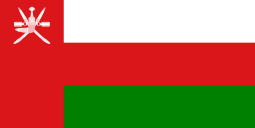



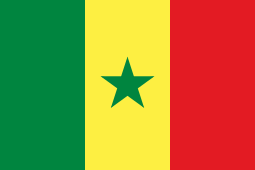


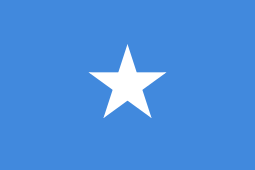
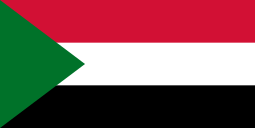

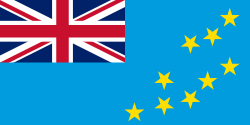



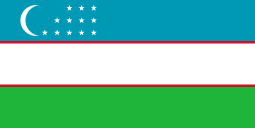

Voting rationales

- OSCE Minsk Group. Speaking on behalf of the group, the United States said that the Co-Chairs voted against because they "viewed resolution 62/243 as selectively propagating only certain of those principles to the exclusion of others, without considering the Co-Chairs’ proposal in its balanced entirety".


See also
References
- "Resolution adopted by the General Assembly on 14 March 2008 – The situation in the occupied territories of Azerbaijan". United Nations. 14 March 2008. A/RES/62/243. Retrieved 18 March 2017.
- "General Assembly adopts resolution reaffirming territorial integrity of Azerbaijan, demanding withdrawal of all Armenian forces". United Nations Department of Public Information. 2008-03-14. Archived from the original on 2009-01-21.
- "The situation in the occupied territories of Azerbaijan". General Assembly Sixty-second session - Official Records. United Nations. 2008-04-14. A/62/PV.86.
- "House of Lords Written Answers 5 July 2010". UK parliament. Retrieved 2010-12-08.